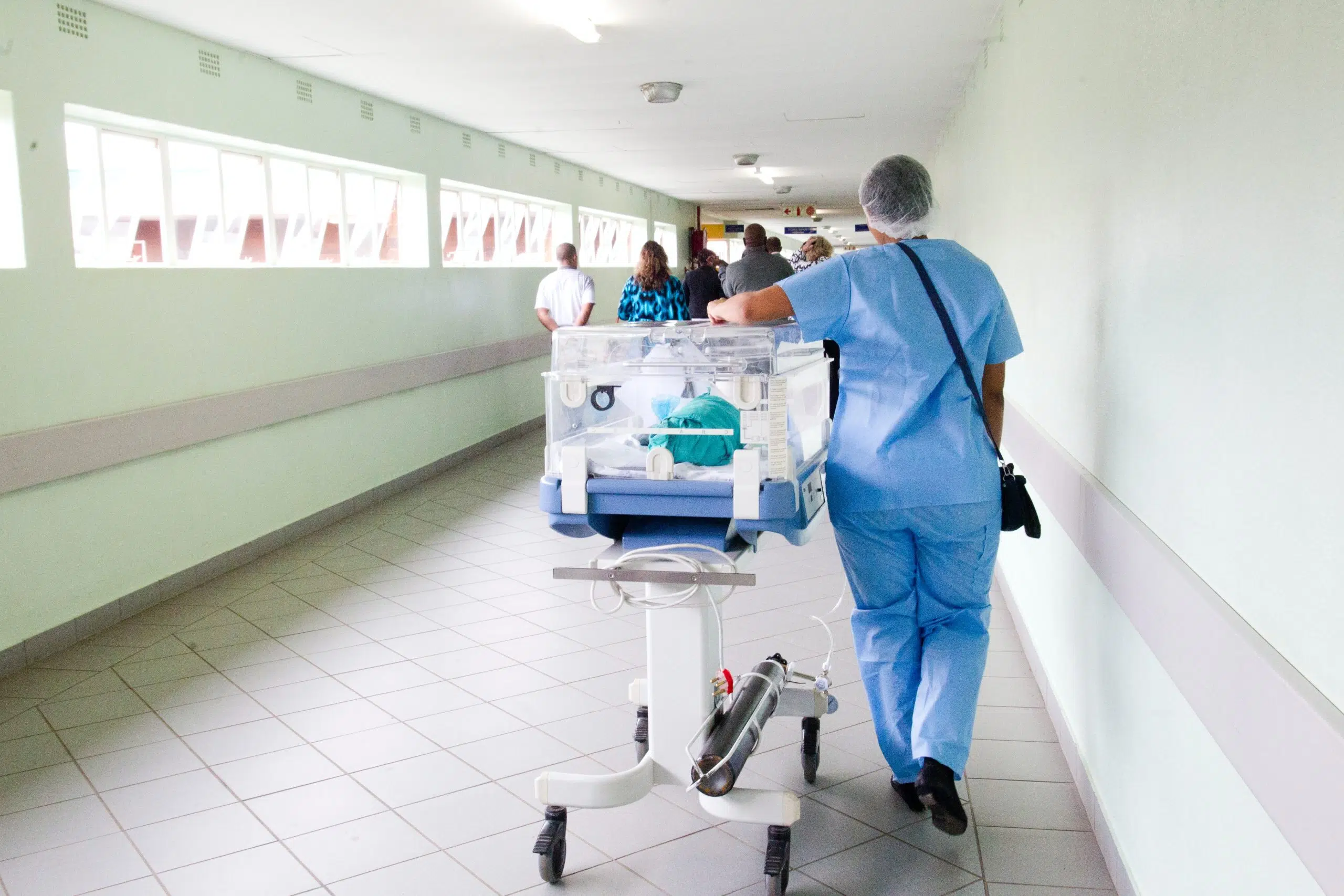Political intervention in health care is leaving many feeling frustrated, disrespected and undervalued, according to the New Brunswick Medical Society.
In a joint statement from Society President Dr. Mark MacMillan and Board Chair Dr. Christopher Goodyear, they said health care professionals are already dealing with severe burnout and exhaustion, especially in the aftermath of the COVID-19 pandemic.
They say those on the front lines have asked for help, pointing out gaps in health care, concerning issues and potential obstacles to optimal care.
The society said it has seen political intervention in issues of patient care and interference from other parties who “lack clinical perspective.”
“Clinicians have trained for many years and possess the skills to be trusted to handle situations that arise in providing appropriate patient care,” read the statement.
“For obvious reasons, politicians and other administrators often lack a complete comprehension of all aspects of a clinical situation; therefore, inserting themselves or commenting on the clinical aspects of health care can prove not only unhelpful, but also dangerous.”
The society said they are also concerned about the expansive media coverage of medical matters.
“We know the media has a duty to inform, but there are consequences of naming specific health professionals, which can include damaging the morale and integrity of those implicated,” read the statement.
“Complicating matters further is the fact that due to privacy concerns, clinicians, nurses and other allied health professionals are unable to comment on patient-specific cases, which makes it very difficult to understand the entirety of patient interactions.”
The society said New Brunswickers may hear rumours that health care professionals are losing patience and compassion, which they call a “periodic consequence of the past few years.”
It adds that health care workers are maintaining a strong sense of commitment and responsibility to communities and patients, but admit that they need help.
“New Brunswick invests the lowest per capita on public health expenditure of all Atlantic provinces. We need targeted investments directed at primary care access, emergency department wait times and surgical backlogs,” read the statement.
“We need more physicians and we need to better recognize the value of the ones already working here. In short, we need to be given the tools to do our jobs, not advice or directives on how those jobs should be done.”








